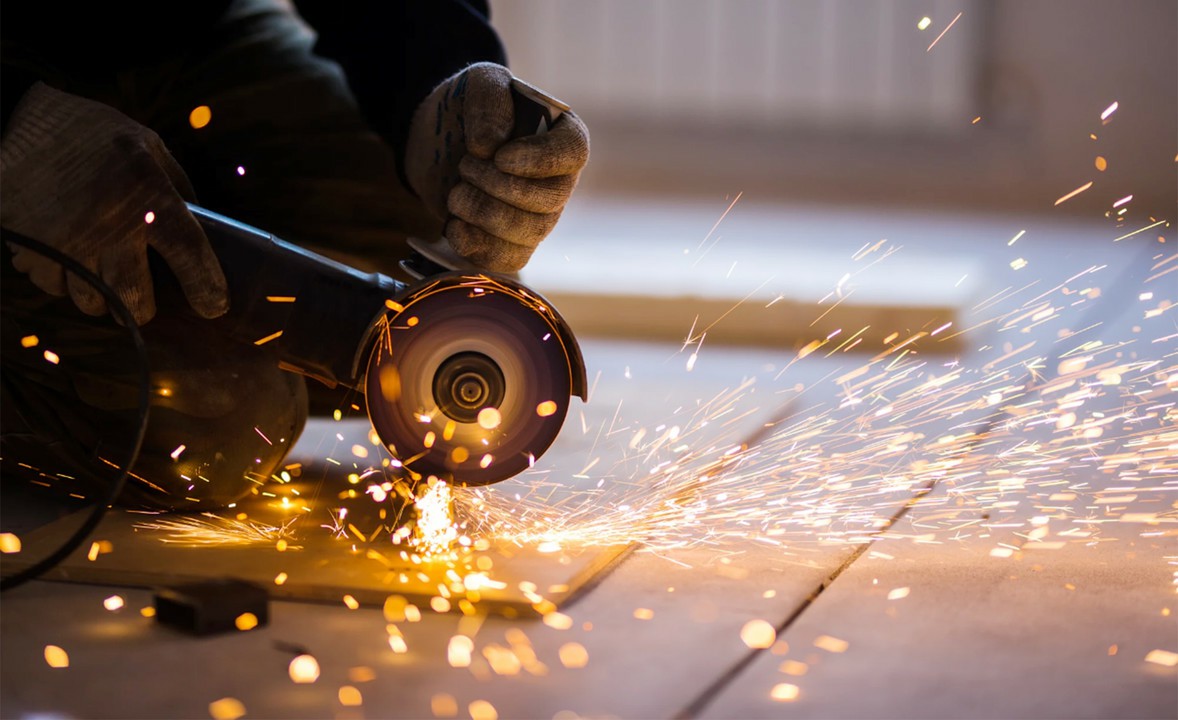


 349,500 Offered Certificates
349,500 Offered Certificates
 24/7 Online Training
24/7 Online Training
 Money Back Guarantee
Money Back Guarantee
 Fully Accredited Courses
Fully Accredited Courses

Created at: 22-02-2025 22:12
Abrasive wheels are vital tools in many industries, ranging from metalworking to construction. While their effectiveness is undisputed, they pose significant risks when mismanaged. This guide delves into the dangers associated with abrasive wheels, common injuries, and essential safety practices.
The risks linked to abrasive wheels arise from various factors, including:
In workplaces across Dublin, Cork, Galway, Limerick, and beyond, injuries from abrasive wheels can be quite severe. Common injuries include:
Reducing the risks associated with abrasive wheels involves a systematic approach:
Accidents often stem from a lack of awareness. Investing in Abrasive Wheels Training in Dublin, Cork, and Galway is essential. Workers should understand:
Conducting risk assessments ensures compliance with safety standards and identifies potential hazards. Considerations include:
Employers must provide appropriate PPE, including:
To ensure the ongoing safety of workers, implement these best practices:
Understanding the implications of neglecting safety protocols can be illustrated through case studies:
The risks of abrasive wheels are undeniable, but with proper training, ongoing assessments, and the right safety equipment, workplaces in Ireland, such as those in Dublin, Cork, Galway, and Limerick, can significantly reduce accidents. Enroll in certified Abrasive Wheels training to empower your workforce and ensure compliance with Irish workplace safety regulations.
For inquiries, contact us at [email protected].